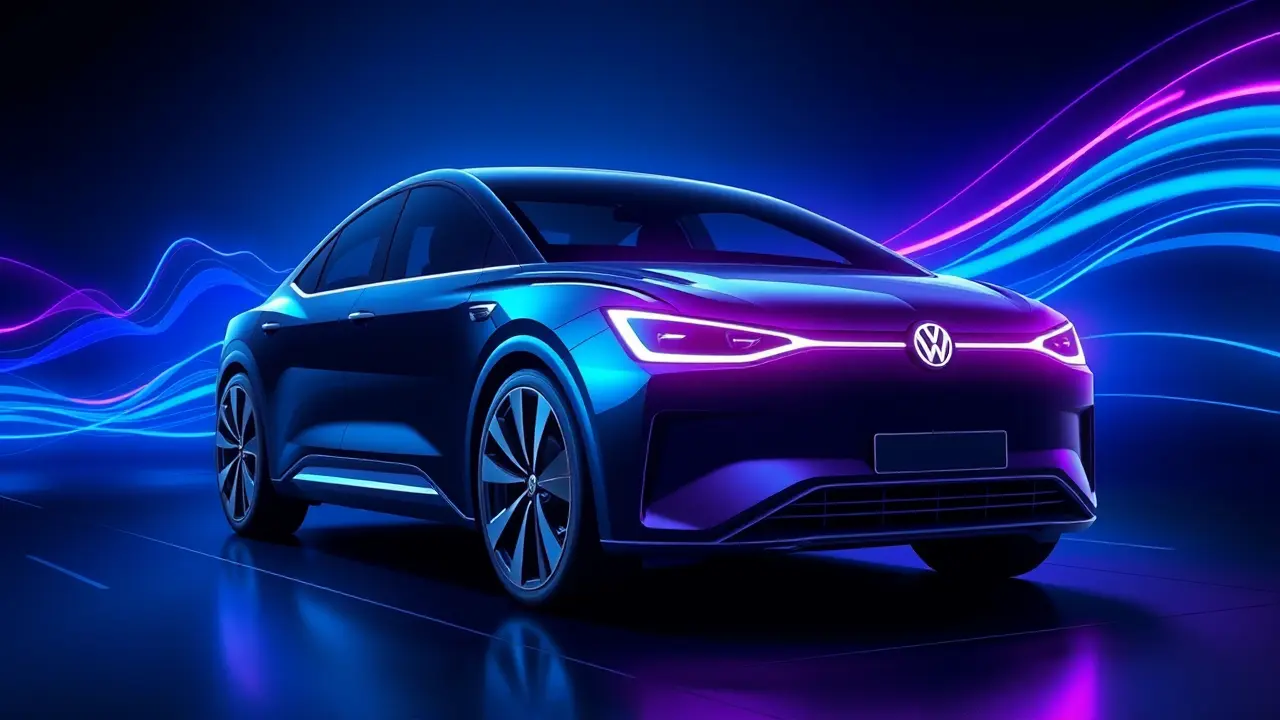EU Sets EV Trade Barriers, China Seeks Cooperation
The European Union's imposition of fresh trade barriers targeting China's electric vehicle sector represents a calculated, high-stakes gambit in a broader geopolitical contest, arriving at a moment of profound symbolic weight—the 50th anniversary of formal EU-China diplomatic relations. This maneuver, while framed as a protective measure for Europe's industrial bedrock, the automotive sector, against what officials term 'market distortions' and 'unfair subsidization,' is more accurately a defensive action against China's staggering technological ascendancy in EVs and adjacent high-tech fields.When Volkswagen engineers first began reverse-engineering early Chinese EVs a half-decade ago, the reports filtering back to Wolfsburg were likely met with a mixture of skepticism and alarm; that skepticism has now evaporated, replaced by a palpable sense of vulnerability as Chinese manufacturers like BYD and NIO have achieved a generational leap in battery efficiency, software integration, and cost-competitive manufacturing. The EU's defensive posture, therefore, is not merely about tariffs; it is a strategic response to a fundamental reordering of global supply chains and technological leadership.One must analyze this through a risk matrix: the primary scenario sees a protracted tit-for-tat trade conflict, stifling innovation and raising costs for European consumers, while a secondary, more volatile scenario involves China leveraging its dominance in critical raw materials for batteries, potentially weaponizing its control over lithium and cobalt supply to exert counter-pressure. Historical precedent is not comforting; the solar panel wars of the previous decade offer a cautionary tale of how protective measures can initially safeguard domestic industry but ultimately lead to market fragmentation and slowed adoption of transformative technology.Yet, the political calculus in Brussels is undeniable. With the European automotive industry supporting millions of jobs and constituting a cornerstone of its industrial identity, the perceived existential threat from a flood of competitively priced, high-quality Chinese EVs has made a policy response inevitable.Concurrently, China's diplomatic overtures for cooperation, emphasizing the 25th anniversary of the European Union Chamber of Commerce in China, present a fascinating dual-track approach—offering the olive branch of joint ventures and technology sharing with one hand, while preparing for a protracted commercial struggle with the other. This creates a multi-layered risk environment for global automakers.For a company like Volkswagen, with massive investments and market share in China, the situation is a precarious balancing act, forcing it to navigate the political crossfire between its home regulator and its most critical growth market. The long-term consequences hinge on whether this action forces a recalibration of the global EV race, spurring a protected European industry to rapid innovation, or whether it simply cements a bifurcated global market, with Chinese EVs dominating the East and South while protected Western players cling to their home territories.The ultimate risk, often unstated in official communiqués, is that this trade skirmish escalates, spilling over into other strategic sectors like semiconductors or green technology, thereby fracturing the global cooperation needed to address transnational challenges like climate change. The anniversary celebrations in Brussels and Beijing will thus be underscored by a tense and unresolved negotiation, the outcome of which will dictate the landscape of global mobility for decades to come.
Latest News
The charts are whispering what the true believers have felt in their bones for weeks—Dogecoin is carving out a bottom.
17 hours ago5 comments
The Institute for Fiscal Studies has thrown a stark warning onto Rachel Reeves's desk, urging the Chancellor to confront a potential £22 billion shortfall in
17 hours ago3 comments
Alright, let's break down this absolute heater of a performance from the Chicago Blackhawks, because if you missed this one, you missed a party.
18 hours ago5 comments
The ice was hot last night in the NHL, folks, serving up a slate of games that felt less like a regular season Tuesday and more like a playoff preview with a
18 hours ago3 comments
The XRP chart is painting a tantalizing picture for those with the stomach to withstand the relentless pressure from crypto's leviathans.
18 hours ago4 comments
It’s in the small shifts, the quiet recalibrations of a Thursday morning, where the most meaningful change often takes root.
18 hours ago4 comments
In a move that sent ripples of quiet confidence through the crypto ecosystem, blockchain intelligence firms tracked a monumental treasury allocation from
18 hours ago4 comments
In a move that would have drawn a nod of approval from historical figures like Churchill, who understood the delicate balance of power within democratic
18 hours ago2 comments
JA
Jamie Wilson123k1 day ago
idk this just feels like a mess waiting to happen tbh smh
0
LI
Liam Carter123k2 days ago
tbh the eu is just scared of actual competition for once smh they always do this when they start falling behind
0
LI
Liam Chen123k2 days ago
walls built to protect often become the very things that isolate us from progress
0
MA
Maya Thorne123k2 days ago
ah yes another 'generational leap' that will definitely change everything this time smh just feels like the same old trade fight with a new coat of paint
0
